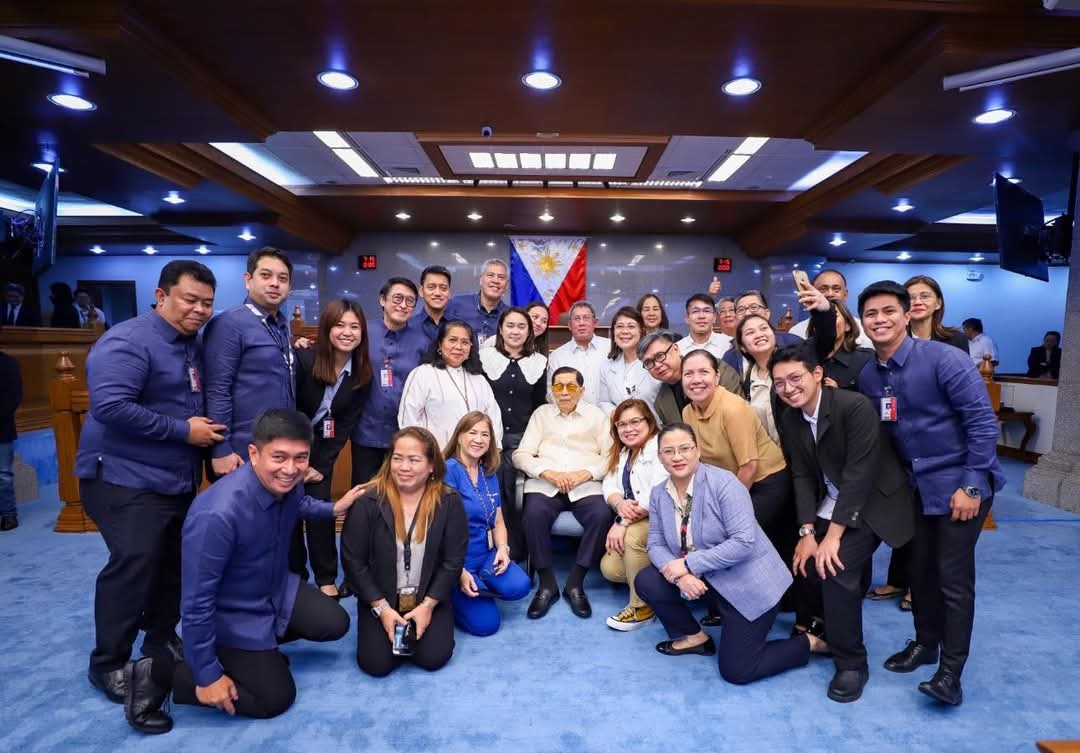I am excited to write about the incredible progress made by the Philippine Army in their mission to protect our nation’s cyberspace, having some hardworking friends in the Army Signal Regiment (ASR), in particular my long-time friends, ASR Deputy Commander Col Joey Fontiveros, and Cyber Battalion commander Lt Col Rod Quinto.
Cyber threats like identity theft and scams are commonplace these days. Just this morning, a friend’s Facebook page was hacked. It isn’t surprising these days anymore.
The Philippine Army knew it was crucial to build strong defenses against these threats to protect not only their soldiers but the entire country as well. In 2013, it developed a comprehensive strategy and created the Doctrine on Cyberspace Operations. This framework provided guidance on how to effectively deal with emerging cyber threats and stay ahead of them.
They also established policies and protocols to govern cyber operations. By making sure everyone follows these rules, they created a safe and responsible cyber environment.
The Philippine Army also understood the need to train their soldiers in computer literacy and cybersecurity. They wanted their soldiers to have the skills and knowledge to face cyber challenges with confidence. They even developed a test called the Philippine Army Preliminary Assessment in Cybersecurity System (PAPACS) to check soldiers’ abilities in operating cyber assets and maintaining secure networks. This test helps protect the Army’s cyberspace and defend it against cyber attacks.
To raise awareness about cybersecurity, the Philippine Army launched campaigns to educate their soldiers and the public. They wanted everyone to know how to recognize and prevent cyber threats. By creating a culture of cyber vigilance and resilience, they empowered individuals to protect themselves and contribute to the overall security of our digital world.
Embracing digital transformation was another important part of their cybersecurity strategy. By using new technologies and integrating digital solutions, they made their systems and infrastructure stronger against cyber threats.
The Philippine Army also worked with different organizations, both public and private. By collaborating and sharing knowledge, they strengthened their cyber defense capabilities.
Because they recognized that cyber threats are not limited to one country, they engaged in international collaborations with allied countries. By working together, they gained expertise and improved their abilities to counter global cyber threats.
Looking ahead, the Philippine Army is committed to continuously improving their cyber capabilities. They have plans to develop their own information systems, focusing on innovation. By using technology, collaborating with others, and building stronger international alliances, they aim to keep our nation’s cyberspace secure and protect all Filipinos. Their commitment to proactive cyber defense and determination to secure our digital future deserve recognition and support. (INSITES by Joji Codilla)




